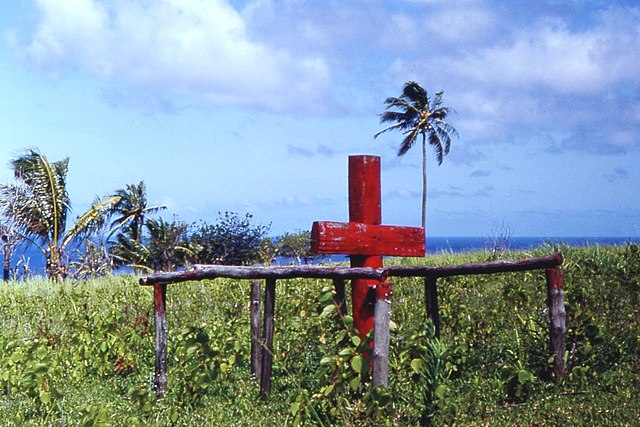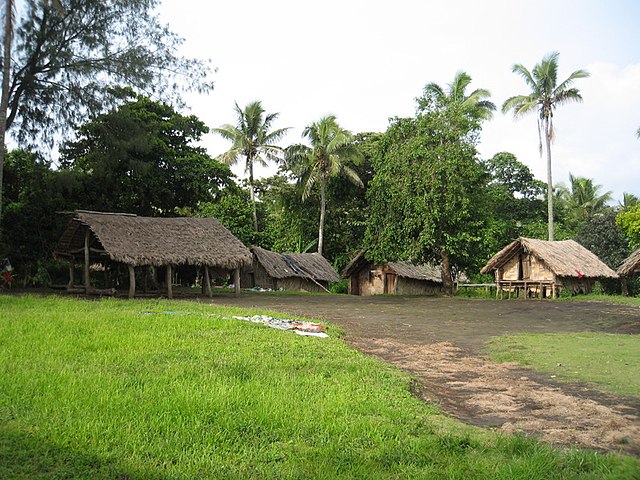Cargo cult is an umbrella term to denote various spiritual and political movements that arose among indigenous Melanesians during the early-mid 20th century. The definition of cargo cult is vague, having been used for "almost any sort of organised, village-based social movement with religious and political aspirations" and "a variety of forms of social unrest that ethnographers elsewhere tagged millenarian, messianic, nativistic, vitalistic, revivalistic, or culture-contact or adjustment movements". "Cargo cults" were often organised around a central charismatic prophet, who either pushed for the revival of ancestral traditions or the adoption of new traditions in order to appease ancestral spirits. Although many accounts focus on the acquisition of Western material goods, the definition of "cargo" was broader than this, with many such movements focused on spiritual salvation, or were political expressions of a desire for autonomy. Many scholars see the movements as a reaction to the disruption to traditional ways of life caused by the colonisation of Melanesia during the late 19th century by Western powers and the resulting oppression and discrimination, as well as the contact between traditional gift giving and colonial capitalist economies.

A ceremonial cross of the John Frum cargo cult, Tanna island, New Hebrides (now Vanuatu), 1967
Members of the John Frum cult at a ceremonial flag-raising.
John Frum is a figure associated with cargo cults on the island of Tanna in Vanuatu. He is often depicted as an American World War II serviceman who will bring wealth and prosperity to the people if they follow him. Quoting David Attenborough's report of an encounter: "'E look like you. 'E got white face. 'E tall man. 'E live 'long South America."
A John Frum gathering area
A ceremonial cross of the John Frum cargo cult, Tanna, New Hebrides (now Vanuatu), 1967
A John Frum cargo cult ceremonial flag-raising



